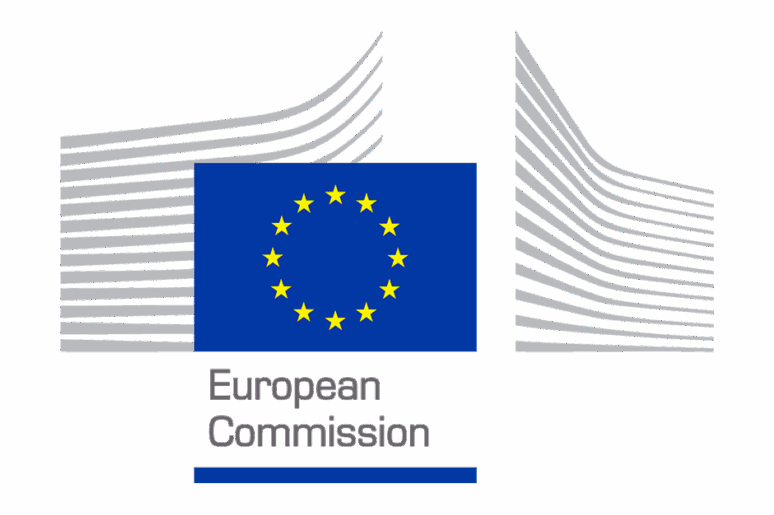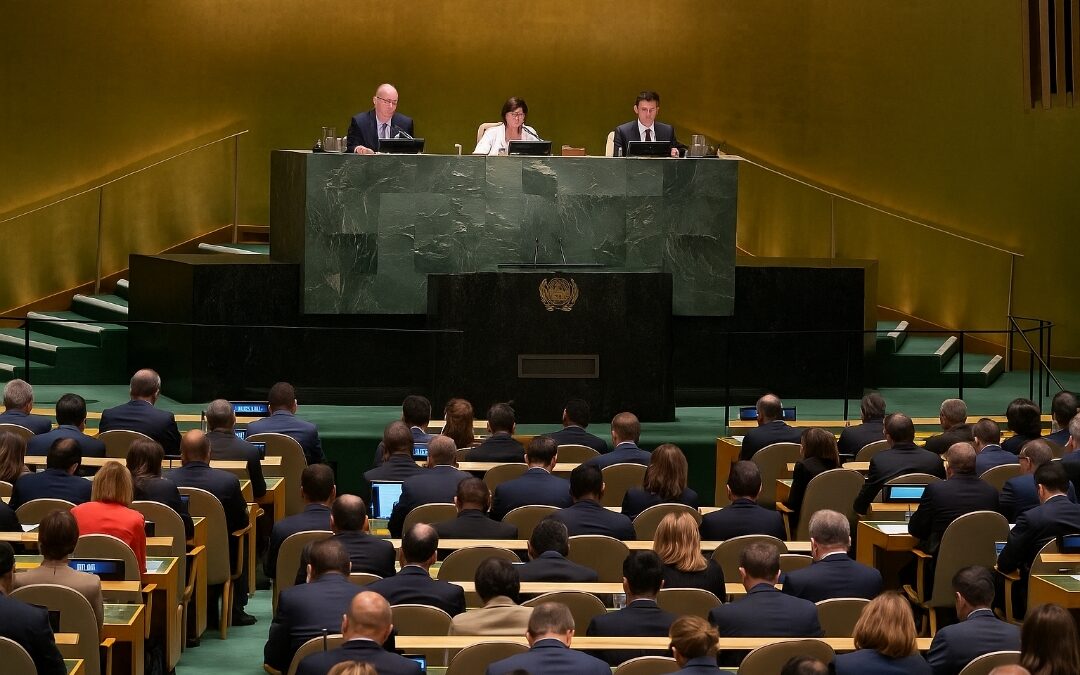The international community today faces a crucial challenge that connects peace, security, and the sustainability of our planet. The motto of the United Nations, “Peace, dignity and equality on a healthy planet,” provides the ideal framework to address the issue of nuclear policy, a matter that continues to shape the geopolitical balance and the stability of our time.
The recent Pact for the Future, adopted during the United Nations Summit in September 2024, represents an important step in this direction. Within the document, which outlines fifty-six concrete actions to strengthen global cooperation, two provisions stand out. Action 26 reaffirms that a nuclear war can never be won and must never be fought, stressing that the total elimination of nuclear weapons remains the only absolute guarantee against their use or threat. Action 27 calls upon States to uphold their existing disarmament obligations and commitments, emphasizing the need to reinforce international governance in this field.
The Pact has been welcomed as the first multilateral reaffirmation of nuclear disarmament commitments in more than a decade. It is a significant political signal that shows the continued recognition of the centrality of this issue. However, many voices from civil society, including the International Campaign to Abolish Nuclear Weapons (ICAN), have pointed out that the text remains too general, lacking reference to binding treaties and concrete measures that could accelerate the path towards definitive elimination.
The reflection is not limited to weapons alone. Nuclear energy also represents both a resource and a responsibility. On the one hand, it can contribute to reducing carbon emissions, reinforcing the global fight against climate change, and providing energy solutions for developing countries. On the other hand, the issues of safety, waste management, and the need to ensure fair and dignified access remain open and pressing.
The WOS-IPSP follows this debate closely, convinced that the future of nuclear policy cannot be entrusted to logics of power or competition, but must instead be rooted in international cooperation, solidarity among peoples, and respect for fundamental human rights. The Pact for the Future marks a starting point, but the road ahead remains long. It is now up to the international community to turn words into action and transform principles into reality, ensuring peace, dignity, and equality on a truly healthy planet.



